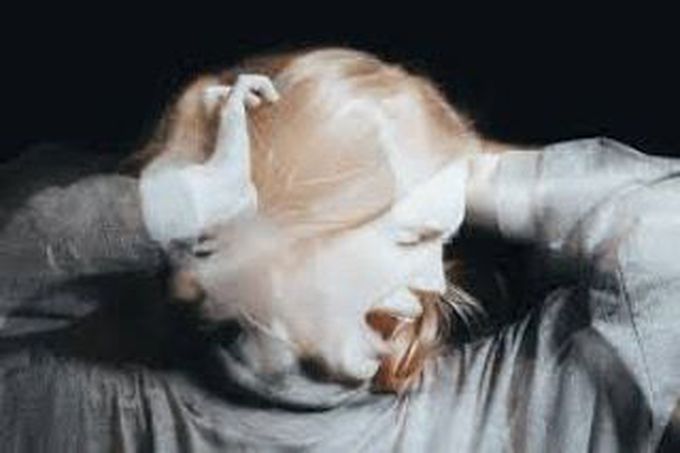


Delusion of control
Delusion of control: False belief that another person, group of people, or external force controls one's general thoughts, feelings, impulses, or behavior. Cotard delusion: False belief that one does not exist or has died. Delusional jealousy: False belief that a spouse or lover is having an affair, with no proof to back up their claim. Delusion of guilt or sin (or delusion of self-accusation): Ungrounded feeling of remorse or guilt of delusional intensity. Delusion of mind being read: False belief that other people can know one's thoughts. Delusion of thought insertion: Belief that another thinks through the mind of the person. Delusion of reference: False belief that insignificant remarks, events, or objects in one's environment have personal meaning or significance. "Usually the meaning assigned to these events is negative, but the 'messages' can also have a grandiose quality." Erotomania: False belief that another person is in love with them. Grandiose religious delusion: Belief that the affected person is a god or chosen to act as a god. Somatic delusion: Delusion whose content pertains to bodily functioning, bodily sensations or physical appearance. Usually the false belief is that the body is somehow diseased, abnormal or changed. A specific example of this delusion is delusional parasitosis: Delusion in which one feels infested with insects, bacteria, mites, spiders, lice, fleas, worms, or other organisms. Delusion of poverty: Person strongly believes they are financially incapacitated. Although this type of delusion is less common now, it was particularly widespread in the days preceding state support. @tarekzaiter

